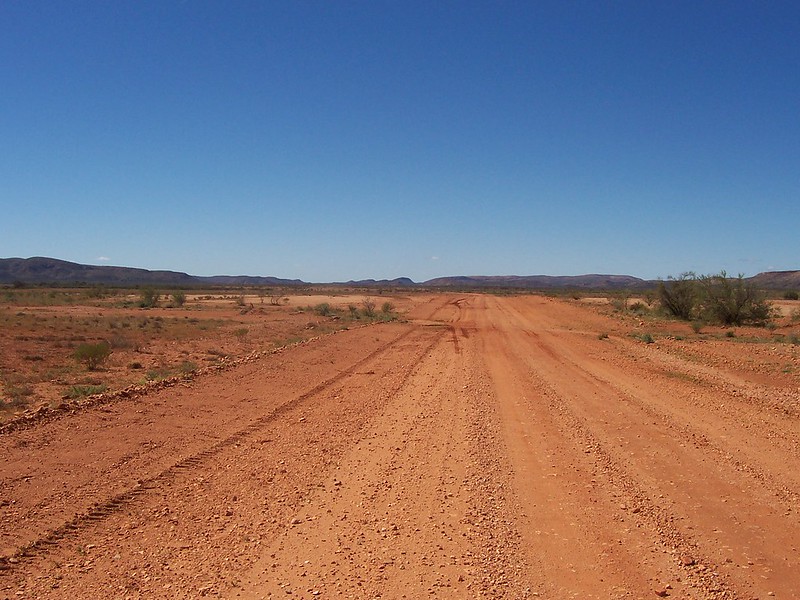A spatial journey of fracking in the NT and analysis of implications

A major reason for Australia’s rising greenhouse gas emissions is the LNG export industry in Northern Australia. Yet in April 2018 the Northern Territory (NT) lifted the moratorium on hydraulic fracturing (‘fracking’) and exploration has recently commenced. Modest calculations of the projected greenhouse gas emissions from methane gas in the NT once in full production is 600 million tonnes of carbon dioxide equivalent per year (Lowe, I. 2019).
Other risks include contamination of water systems with methane gas and toxic chemicals; methane emissions causing health issues; and extensive networks of wells, pipelines and access routes disrupting the entire landscapes and bio regions.
In this seminar Billee McGinley will share her extensive research into the socio-environmental implications of fracking in NT and explain the key points of contention and recommendations that arose in the Scientific Inquiry that preceded the lifting of the moratorium.
Drawing on her own maps of affected areas, Billee will discuss the identification of recommended no go zones, the granting of environmental approvals and concerns expressed about the industrialization of Aboriginal social, cultural and economic landscapes and risks posed to remote Top End communities.

About the Speaker
Billee McGinley is an environmental geographer with a diversity and depth of experience in natural resource management and Geographic Information Systems (GIS). Based since 2001 in Darwin, Northern Territory, Billee has worked extensively with indigenous land and sea managers in the tropical savanna regions of north Australia. Billee is actively involved at a grass roots level within the community on social and environmental justice issues. After becoming a mother in 2016, and working freelance, Billee has focused her skills and knowledge on the implications of the proposed shale gas industry in the Beetaloo Basin of the Northern Territory.